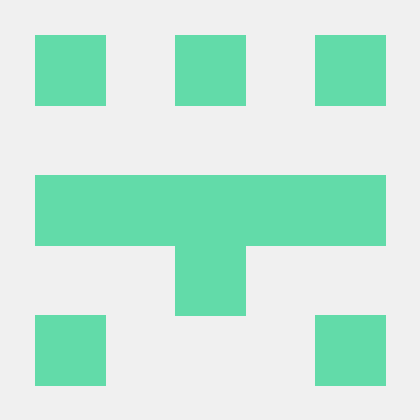Beginner Guide to know your audience as a Technical Writer
 Abolaji Opeloyeru
Abolaji OpeloyeruSince you are starting a career as a technical writer, The next question is, who are you writing for? Who are your audiences?
The goal of a technical writer is to make your writing technically sound and easier to understand. The first step to achieving that is to know whom you are writing for. Understanding who your audience is is necessary for writing generally, Including technical writing.
In this article, here is what you will learn:
• Identify your audience
• Determine what your audience needs to learn
• Write down the list of what your target audience needs to learn.
• State your audience
Identify your audience
Every writer has to ask themselves this question before writing any article, Who are my audience? It is necessary to niche down and know whom you are writing for. Identifying your audience makes Your writing short and clearer to read and understand.
The following list and table are writers and the books they wrote:
Writers Books
Napoleon Hill | Think and Grow rich |
Brian Tracy | GOALS! |
Robert Greene's | 48 Laws of Power |
James Clear | Atomic Habit |
Handy Hunt, Dave Thomas | The pragmatic Programmer |
Marco L. Napoli | Beginning Flutter |
With the above list and table, You can categorize each book and suggest their audiences. For example:
1. Napoleon Hill: Think and Grow Rich, Is considered the best book ever written about success. It is categorically a self-help book.
- Audience: people who are struggling with financial struggles.
Brian Tracy: Goals; is a personal development book that teaches how to set and achieve goals.
- Audience: People who struggle to set goals, And those who set goals but do not achieve them.
You can research, And answer the remaining questions in the list and table yourself.
Determine what your audience needs to learn.
A good technical writer knows the strength and weaknesses of the audience. Awareness of what your audience already knows and lacks will yield a better understanding of your documentation.
For example:
If you are writing documentation about javascript, Then you already assume your audience is familiar with HTML and CSS. It leads to specific and concise writing in your documentation about javascript. The audience might attempt to learn JavaScript before HTML and CSS. Referencing a link to other documentation about HTML and CSS or your past work on the topic would be better-fit documentation.
Write down the list of what your target audience needs to learn:
Writing down the lists of what your audience needs to learn to execute their goals keeps their focus on the task or information provided.
For example:
In CSS documentation, you should be able to do the following tasks by the end of the documentation:
• Create a transparent background
• Create an animation using CSS tricks
• Design the font text of the web page
Simple words
Depending on the level of the audience whom you are writing for, it is always better to choose simple words than complex words.
State your audience
A good document involves a categorically specific audience.
For example :
This documentation is for the following audience:
• product design
• Flutter developer
• Cyber security
Focusing your writing on a specific role, Define your audience better.
Conclusion
It takes time and patience to figure out whom you are writing for. Learn technology you enjoy and have a sincere ambition to help people learn.
Subscribe to my newsletter
Read articles from Abolaji Opeloyeru directly inside your inbox. Subscribe to the newsletter, and don't miss out.
Written by

Abolaji Opeloyeru
Abolaji Opeloyeru
I am a technical writer and a Flutter mobile developer from Nigeria. Always learning and documenting my journey